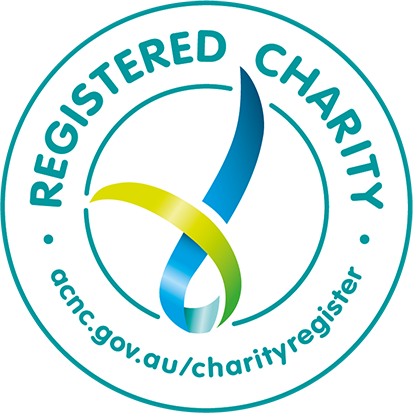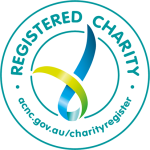Parents are being warned about a rise in vaping amongst West Australian school students.
Whilst smoking rates have dropped in Australia’s young, e-cigarette use in those aged 14 or older has more than doubled in recent years.
The official figures put around 14% of 12 to 17-year-olds at having tried e-cigarettes but there are reports of vaping occurring in younger, primary school aged children.
Parents are reporting non-smoking children becoming addicted after using what they believe to be a cool, healthy alternative to tobacco cigarettes. Research shows young people who use e-cigarettes are more likely to take up smoking later in life.
Although not all vaping devices contain nicotine, the chemically flavoured liquids they use have been found to be hazardous. Cancer-causing substances such as formaldehyde, acetaldehyde and acrolein have been found in e-liquids and the vaping aerosol they produce.
A Curtin University study recently published in the Medical Journal of Australia found most e-liquids contain chemicals known to cause respiratory issues and lung damage when inhaled.
Young users might not be the only ones at risk. With reports of vaping occurring in school bathrooms and even surreptitiously in classrooms, other students may be exposed to second-hand vaping aerosols containing chemicals and other toxic substances linked to heart and lung disease, and cancer.
Vaping devices typically look like conventional tobacco products but newer devices can look like everyday items such as pens and USB memory sticks. It is illegal to sell e-cigarettes in Western Australia so vaping devices are being imported or bought online; often they are manufactured in an unregulated environment.
Advertising is banned, but social media platforms are influencing children by glamorising vaping and exposing a new generation to e-cigarettes.
A University of Queensland study on how vaping related videos are depicted on TikTok found age restrictions are needed to reduce adolescents’ exposure to videos portraying vaping positively.
Constable Care Foundation’s youth arm, Youth Choices, works regularly with West Australian schools to tackle challenging social and health issues such as addiction.
Rapid Response Theatre offers a safe, creative solution for the growing problem of vaping in young West Australians. The program is available for upper primary and secondary audiences.
“As WA’s leading safety education provider, our programs drive positive change through changing attitudes and behaviours,” said David Gribble, CEO, Constable Care Foundation. “Rapid Response Theatre is ideally placed to assist schools and students as the program can be adapted to deal with emerging problems such as the growing issues of teenage vaping.”
The safe and engaging medium of theatre is used to explore and resolve problems in real time.
Find out more about Rapid Response Theatre here.
ReferencesAustralian Institute of Health and Welfare.
Cancer Council Victoria, 2018.
Australian Government Department of Health.
Health Direct Australia
WA Health








